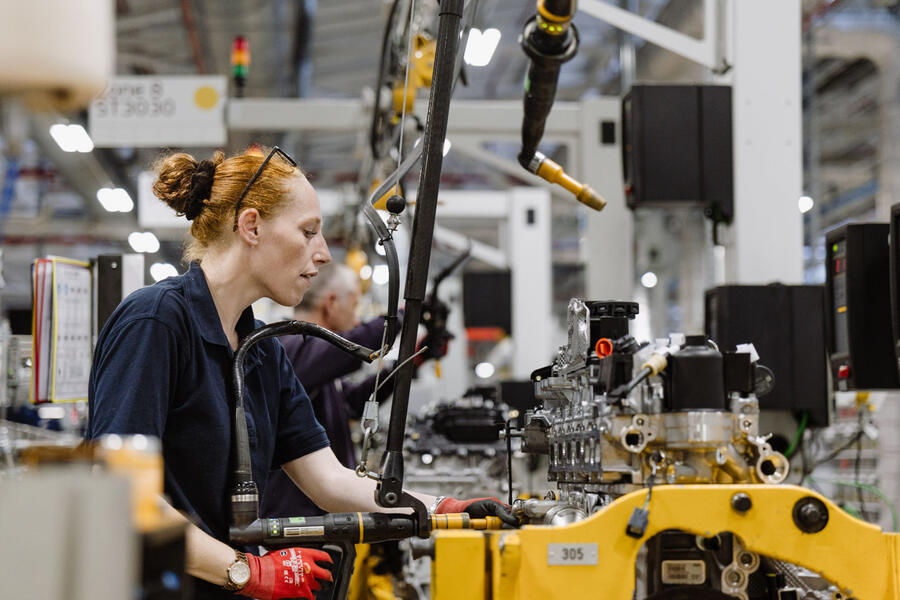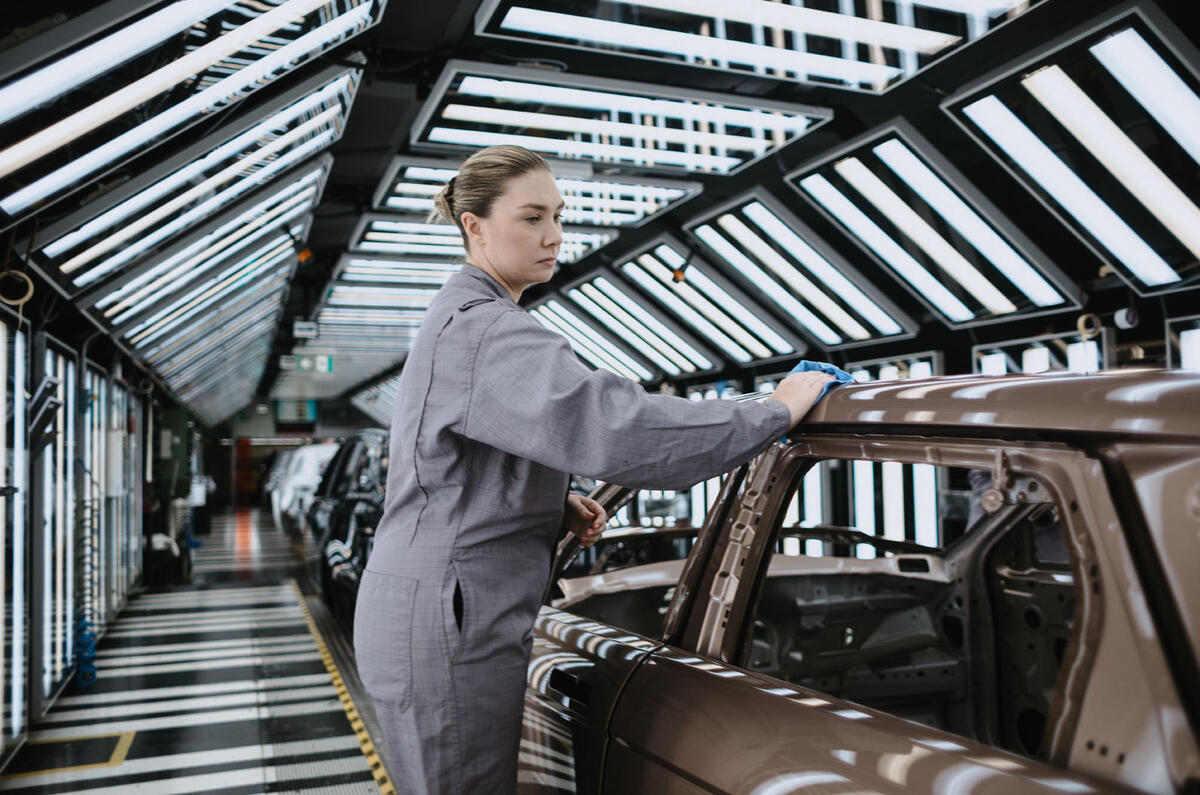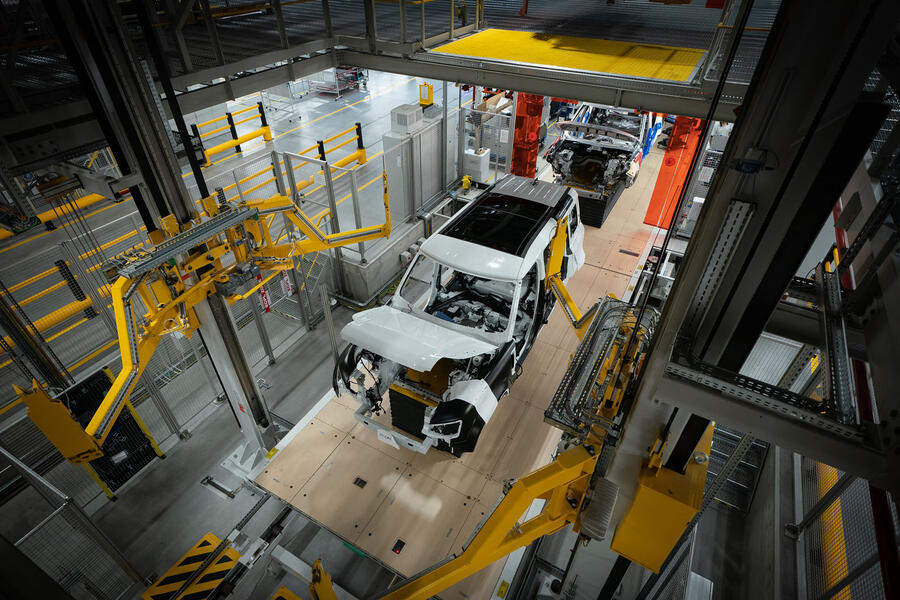All JLR production lines are now back up and running more than six weeks after a cyber attack that incapacitated its global operations.
On Thursday, production lines at its Halewood plant – which builds the Range Rover Evoque and Land Rover Discovery Sport – restarted for the first time since the 1 September attack.
Work to transform the plant as part of a £500 million project to produce JLR's incoming EVs has also restarted.
This follows Land Rover Defender and Discovery lines at Nitra, Slovakia, as well as Range Rover and Range Rover Sport lines at Solihull, which came back online last week.
Initial production output is understood to be limited, given that JLR has referred to the resumption of operations as a “controlled, phased restart”.
Operations at the Wolverhampton engine plant, Birmingham battery centre and Solihull body and paint shop are now all back up and running, as are stamping operations in Castle Bromwich, Halewood and Solihull.
A statement regarding the restart at Halewood read: “This is another important moment for JLR, for our suppliers and our people.
“We’re all super-proud of the resilience of our people and their energy to get back to doing what they do best – building world-class British luxury vehicles for our global clients.”
The cyber attack on 1 September brought all factories to a halt and incapacitated JLR, forcing it to shut down its internal computer systems in an effort to protect data from being stolen.
This resulted in production shutdowns at all of its global plants, created issues with parts ordering and stifled retailers.
The consequences of the cyber attack are estimated to have cost JLR a £1.5 billion drop in revenue.
Figures released by the firm last week show that, in the three-month period including the September shutdown, sales to dealers plummeted by nearly a quarter to 66,165.
That represents a loss of 21,138 cars compared with the same period in 2024.
“It has been a challenging quarter for JLR,” outgoing CEO Adrian Mardell said in a statement. However, he said that sales in July and August had been “in line with our expectations” before the cyber attack.
JLR will present its second-quarter financial report in November.










Join the debate
Add your comment
Even WHEN i don’t know much about computers, i never believed I could have TOTAL access to my spouse’s iPhone, TEXT MESSAGES ,snapchat, call logs , INSTAGRAM ,FACEBOOK, Line and WHATS APP without having physical contact until i was recommendation by my best friend to a professional hacker. He only asked for little information and the phone number of my spouse i never wanted to contact him at First because i was so scared but trust me it was worth the RISK because i was happy to get proof for my lawyer to file a divorce.
Contact him via email:techspymax @ gm ail c om